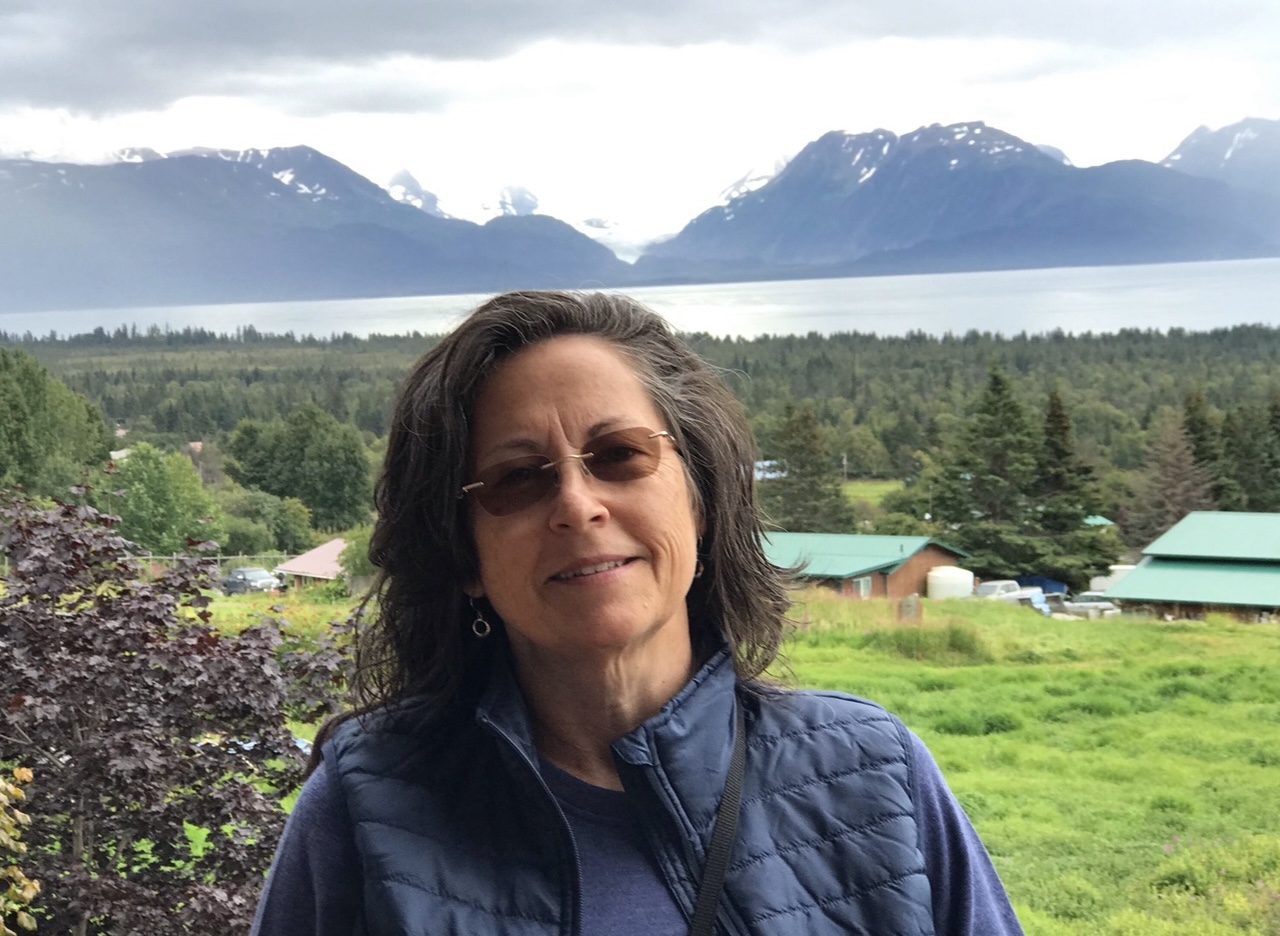Get To Know Your Grief
- Nola Metz Simpson

- Mar 14, 2023
- 3 min read
Let's start validating and normalizing our non-death losses and honor grief for what it is.
Death is not the only reason we grieve. As a culture, we are afraid to talk about grief, because it is connected to death, and talking about death scares us. Yet here we are, mortal beings, all facing an end date that we know exists, but we just can’t fathom and really can’t predict with much accuracy. When we think of death, we tend to spend only a few seconds there, then find a much better thought for contemplation. So, we avoid thinking about grief because we immediately connect it to death. But death is not the only reason we grieve, and maybe if we started to have more conversations about all the things we do grieve, have grieved, we would be more open to talking about it.
As a grief counselor, I cannot begin to tell you the number of clients who are shocked and surprised by the overwhelming feelings, emotions and energies that “grief” brings them. Normalizing and validating these reactions are a part of what I spend a lot of time working on with clients during grief counseling. We have to embrace grief, learn it for ourselves and figure out how to integrate it into our lives. Grief shows up differently for everyone, there is no one right way to grieve, and grief doesn’t magically move from one stage to another, then disappear.
Once we know grief, we can begin to know ourselves. But grief is hard, so we tend to avoid it altogether. But here’s an idea: let’s start honoring all of the losses we’ve experienced and see them through the lenses of grief. We have all experienced non-death related loss. We’ve lost friendships, jobs, our homes, our vitality, youth, roles as moms and dads as our kids grow into adults. We’ve lost the sense of who we are. We’ve lost our sense of self worth and importance. We have lost our sense of safety and security. These losses are real, and impactful. They can hurt, and they deserve to be rightfully grieved.
We have all vacillated between states of security, stability and loss. Grief is a natural, normal and necessary part of living this life. It hurts when what we wanted, needed, expected, and deserved was not what we received. It hurts when dreams don’t come true. It hurts to look back at our adult children and wish we had a do-over for all the times we just didn’t’ do things right. We hurt. Our losses hurt. But we don’t talk about grieving these things. And this may be the first step in getting comfortable with grief.
Explore the events in your life and see where you can identify a connection with a “loss”. Explore the emotions, feelings and energies you have around this event. What did you lose? How did this loss impact your life? What did you learn about yourself in the process? How did you use your own resilience to move through and forward from this loss?
These are the questions that grief asks of us and demands an answer in order that we do live forward and find joy and peace in our lives. Let’s start honoring the non-death losses in our lives as valid and important to our own personal growth journeys. Once we start talking about our non-death losses in terms of grief, it will be easier to talk about grief on all levels, and maybe things won’t seem so scary.




Comments